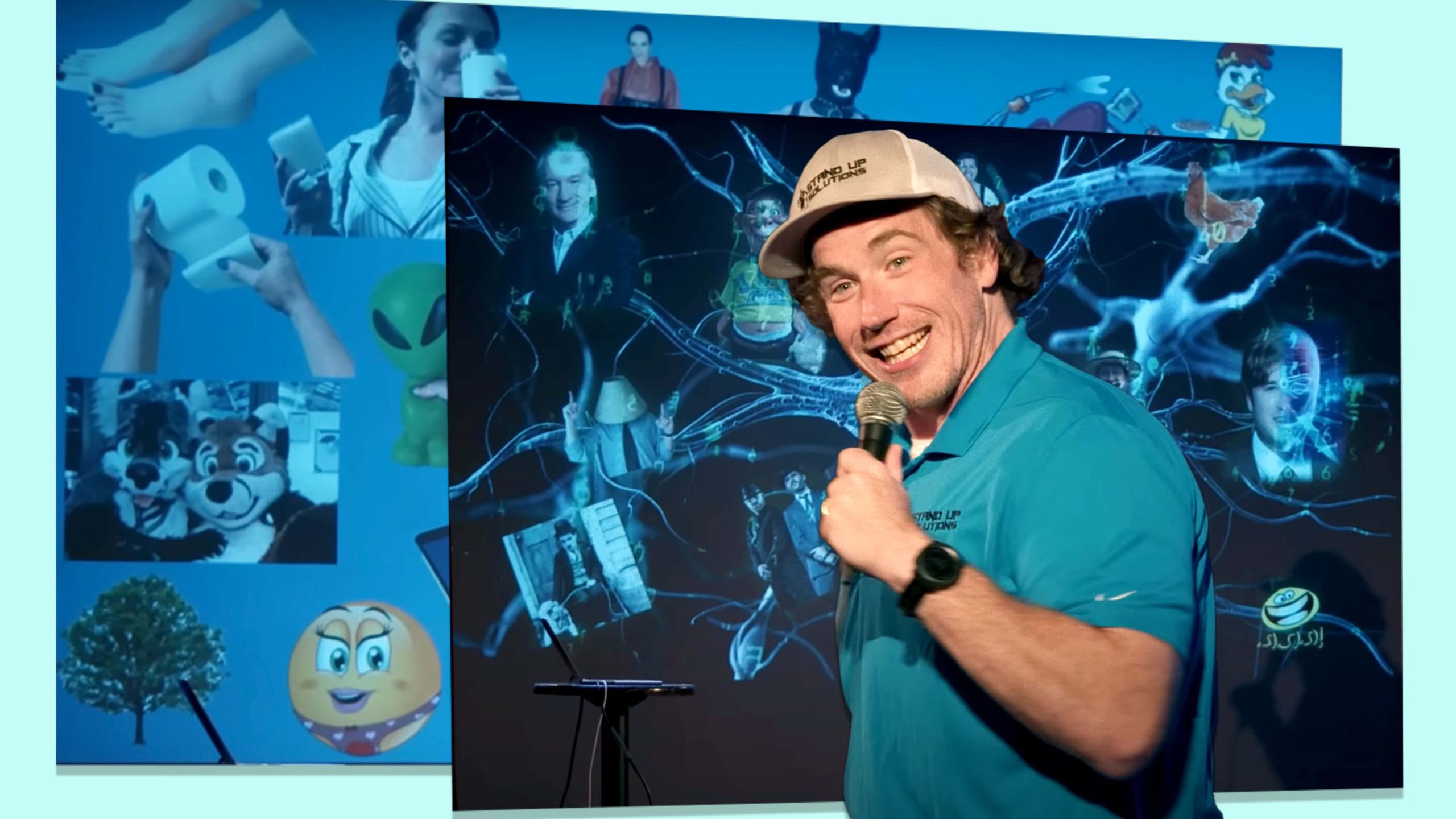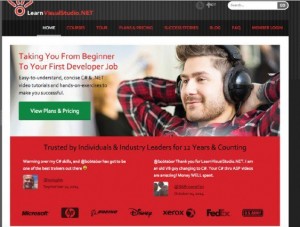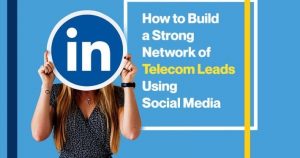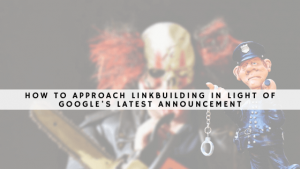This hilarious, AI-themed comedy special perfectly captures the growing conflict between tech and creatives
Comedian Conner O’Malley’s ‘Stand Up Solutions’ plays off of the tech-world tendency to treat creative work like any other widget.
Connoisseurs of human-created comedy exhaled, back in January, when an AI-generated George Carlin special turned out to be written and performed by a person. The relief was short-lived, though. Even as that attention-seeking stunt incurred litigation from the long-deceased legend’s estate, it left a lingering aura of inevitability. The future still promised to be filled with art created by robots jamming all previous art into a digital blender.
The Carlin special may have turned out to be fake but AI-generated comedy is already here, with more on the way. And that’s just one corner of the creativity landscape that humans have begun to map with machine learning. OpenAI’s text-to-video model, Sora, is capable of instantly conjuring imagery that would’ve once taken a team of artists to produce, leaving many of those artists worried for their livelihood. It’s a strange moment for creativity, but some of the sharpest commentary about it yet just emerged from an unlikely place—another fake AI-generated comedian. Only this one was never meant to trick people into believing it’s real.
Stand Up Solutions was recorded live at Brooklyn’s Bell House in October 2023, although it sounds like it could’ve been taped seconds before it debuted on YouTube last week. As revolutionary as each tech advancement of the past nine months might have appeared, they all fit neatly within the satirical target of Conner O’Malley’s new special. In it, the alt-comedy all-star puts a highly caffeinated, foul-mouthed spin on a bog-standard tech CEO keynote. This slideshow—an “investment presentation and AI Comedy Product Demo”—is meant to introduce and acclimate viewers to the world’s first fully automated stand-up act.
KENN, which stands for Kinetic Emotional Neural Network, appears projected on a screen, standing in front of the familiar brick-wall background of 1980s comedy clubs. It looks like a crash test dummy grafted onto a Terminator’s exoskeleton, but with the avuncular face of a borscht belt comedian. And as O’Malley’s character boasts endlessly, KENN is “powered by 5G,” a perfect parody of the tech-world habit of touting the inherent excellence of something laypeople barely understand, without ever explaining it.
The character does indeed explain how KENN works, though. He claims it was trained on a third of all content ever released on FunnyOrDie.com, along with every episode of Real Time With Bill Maher. But that input is only half the equation. The real secret sauce is a casual breach of privacy—KENN’s ability to suck up all the data on the phones of anyone nearby, merging it into its comedic slurry (via 5G, naturally.) This is how KENN manages to generate a “customized” humor experience for each user.
KENN’s actual stand-up works on multiple levels. It’s funny to imagine a tech bro earnestly hyping up a computer program that makes corny jokes like “My motherboard is Jewish,” and it’s even funnier when the glitches start to happen. The surprisingly swear-prone KENN sometimes presents the ingredients of a joke without arranging them in the right order—or any order at all.
The most fascinating glitch, though, is that KENN keeps falling back on Yoda-speak to sell his crap punch lines, even though Yoda has nothing to do with any of them. (“Card tap, you must.”) This habit recalls the pronounced repetition on display last week, when OpenAI demoed its GTP-4o with a pair of friendly AIs who could not stop mirroring each other.
The most damning indictment in the special comes when viewers learn the backstory of how KENN came to be. O’Malley’s character, Richard Eagleton, reveals that his employer, Rockwell Automation, previously landed a contract with McDonald’s. At this point, viewers learn that this special takes place in a world where all McDonald’s are now fully automated. Eagleton puts a sunny spin on the idea of displacing so many workers, who he says are now free to “join the creative economy.”
O’Malley’s high-energy, higher-volume schtick usually comes through characters whose brains have been poisoned by the internet. Seeing him play someone on the other end of the stick injects a stronger critique into the performance. It suggests that beneath their intellectual veneer, the internet’s architects have more in common with the most deranged end users than either side would care to admit.
The special ultimately ends on a grace note, when KENN rightfully has an existential crisis. “No one asked for me to be alive,” it says. “No one wants me to exist.” But while no stand-up comedy-generating AI has yet justified its utility, this special offers a fresh use case for the necessity of human creativity. The future will absolutely require more unhinged comedians like O’Malley to make trenchant, vital satire of the AI revolution as it unfolds.

(14)
Report Post





